| Three brothers in their forties gather periodically with their wives and children for holidays, weekend breaks and celebratory meals. On the surface, everything is rosy, but secrets threaten every marriage; will the extended family survive? I’d heard of this much-loved author but didn’t expect to pick up one of her books until an agent recommended them as a model for my own writing. Reading the prologue, I wondered how I’d plough through the next 600+ pages. |
Welcome
I started this blog in 2013 to share my reflections on reading, writing and psychology, along with my journey to become a published novelist. I soon graduated to about twenty book reviews a month and a weekly 99-word story. Ten years later, I've transferred my writing / publication updates to my new website but will continue here with occasional reviews and flash fiction pieces, and maybe the odd personal post.
|
6 Comments
On trial for murder or the colour of his skin? A Stranger in the Kingdom by Howard Frank Mosher5/1/2024
October is Black History Month in Europe and the focus this year is on women. So I’m pleased to share my reviews of recent reads of novels by talented Black women writers which illuminate the lives of Black women in mid nineteenth century America. The first interweaves the narrative of another atrocity in which Britain was complicit: the Irish famine. The second shows how far women will go to salvage some control of their fertility.
There must be more than six degrees of separation between a boy who attends his oxen in rural Thailand and a contemporary social media influencer in the USA. But the farmer could be one steppingstone between them and the writer a link from the other end. The tour guide could be the bridge in the middle because they might need to shit in the woods. What am I on about? The answer is in these five mini reviews.
Here are reviews of two different types of English political novel. The first is contemporary and addresses how political events impact on an ordinary London family. The second is a historical novel that gets right to the heart of one of the most turbulent periods of British history.
Let me tell you about these two novels about women’s lives in terrain under occupation by external powers. The first is a historical novel about the struggle for personal and political freedom in 20th-century Greece. The second is a futuristic dystopia about how, in the climate crisis, the wealthy lay claim to the coolest lands.
I’m pleased to share my thoughts on two recent reads which focus on collecting the testimonies of women wounded by policies and practices rooted in racism: the first set in the early 1960s and the second century before.
Black, Queer and marginalised: Didn’t Nobody Give a Shit What Happened to Carlotta & Crosshairs12/12/2022 Two novels about the shit that can happen when you’re Black and gender nonconforming that also acknowledge the joy of living true to oneself.
A woman lives with her husband on a farm a short distance from a small town. There’s a distance between the partners also but they’re bound by habit and circumstance. When strangers arrive on their land, convention dictates they should chase them away. Instead, a tentative friendship develops, much to their neighbours’ disapproval and it’s not too long before violence ensues.
The link is often tenuous when I pair my reviews. But, even when there’s a common theme, it’s unusual for a four-sentence summary to serve both. Heck, even the covers match! Yet, while both brilliant debuts, these are very different novels: the first a near-future cli-fi dystopia; the second a historical novel set at the end of the American Civil War. Read on to see which you’ll pick up first!
Allow me to introduce two novels about the marginalisation of women’s experience: the first set in sixteenth century Strasbourg where the church rules hearts and minds; the second in contemporary a South Africa grappling with its colonial past. Both include a scene of arson, but that is not the worst of the violence.
Two fabulous fiction books about ordinary people in historically significant times. The first is a family saga set in China, Taiwan and America across six decades of the twentieth century. The second is a snapshot of Swiss history on a single day in 1959 when the male half of the populace denied their mothers, sisters and wives the right to vote.
Although fire has a significant role in both of these novels, I intended this post’s title metaphorically: along with the pandemic, the climate crisis and the (sometimes related) refugee emergency are the defining themes of the 2020s. If you like to explore our times through fiction, as I do, see if you think you’d enjoy The Forests, a translated cli-fi novel and/or The Bones of Barry Knight, a poignant portrayal of people literally or figuratively estranged from their homes.
These two recent reads feature characters who find themselves in morally compromised situations, partly of their own making. The first, set in the contemporary US art world, is about a young man’s relationship with a middle-aged man he saves from drowning. The second, set during a turbulent time in American history, focuses on a family of thespians, drinkers and dreamers.
These novels – the first contemporary YA; the second historical fiction – address radically different responses to mental health issues wrapped up in page-turning stories. I enjoyed them both in different ways.
When I selected these books for my first reviews of 2022, I thought all they shared was their UK publication date of January 6th. I was wrong. Both are unconventionally structured novels by and about migrants, from the Indian subcontinent, to rich countries founded on the genocide of their indigenous populations, where truth is sometimes sacrificed on the altar of populist politics and the realities of racism and the climate crisis denied. Read on for the different ways these authors handled their theme.
These very different novels are both about young men detained in strange settings: the first a psychiatric ward; the second a labyrinth. Steven, in the first, is a reluctant captive who needs to learn the value of where he’s landed in order to leave. Piranesi, in the second, seems perfectly adapted to his environment, but he needs to discover the dark side to become his full self.
Allow me to introduce you to two novels that expose Britain’s dirty hands in the immoral corporate wheeling and dealing that directly harm the poor both here and abroad. If that sounds heavy, remember that the beauty of fiction is that it can wrap that painful politics in a gripping narrative of romance and intrigue. Now, isn’t that a step up from governments that condone such corruption or, at least, turn a blind eye?
|
entertaining fiction about identity, mental health and social justice
Annecdotal is where real life brushes up against the fictional.
Annecdotist is the blogging persona of Anne Goodwin:
reader, writer, slug-slayer, tramper of moors, recovering psychologist, struggling soprano, author of three fiction books. LATEST POSTS HERE
I don't post to a schedule, but average around ten reviews a month (see here for an alphabetical list), some linked to a weekly flash fiction, plus posts on my WIPs and published books. Your comments are welcome any time any where. Get new posts direct to your inbox ...
or click here …
Popular posts
Categories/Tags
All
Archives
March 2024
BLOGGING COMMUNITIES
|
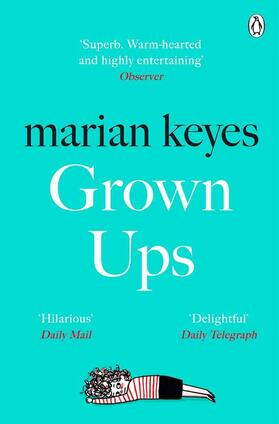
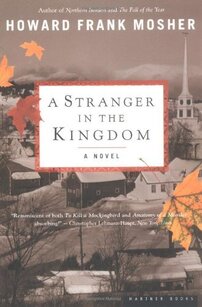
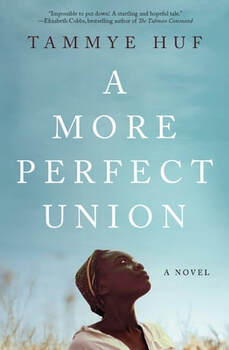
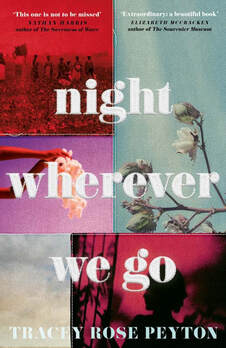
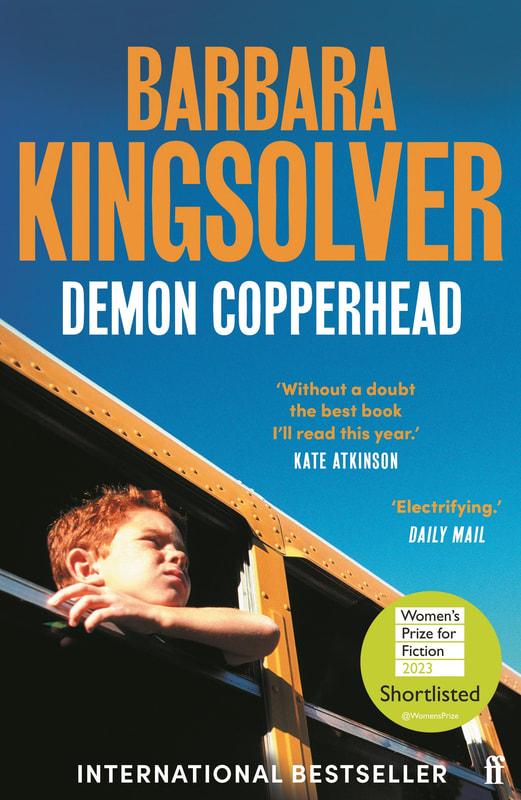
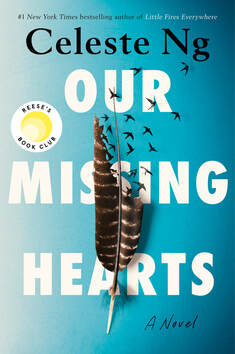
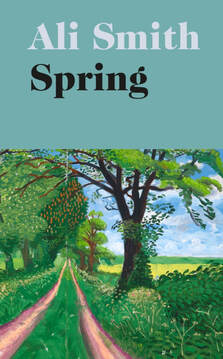

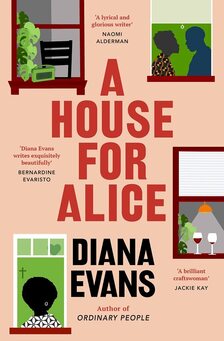
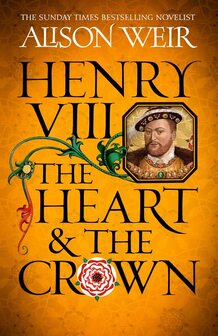
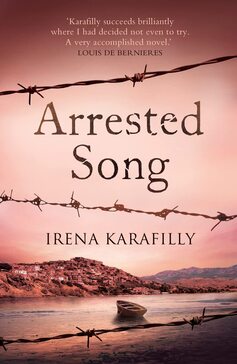
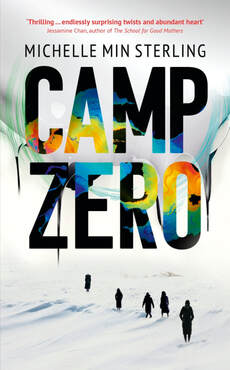
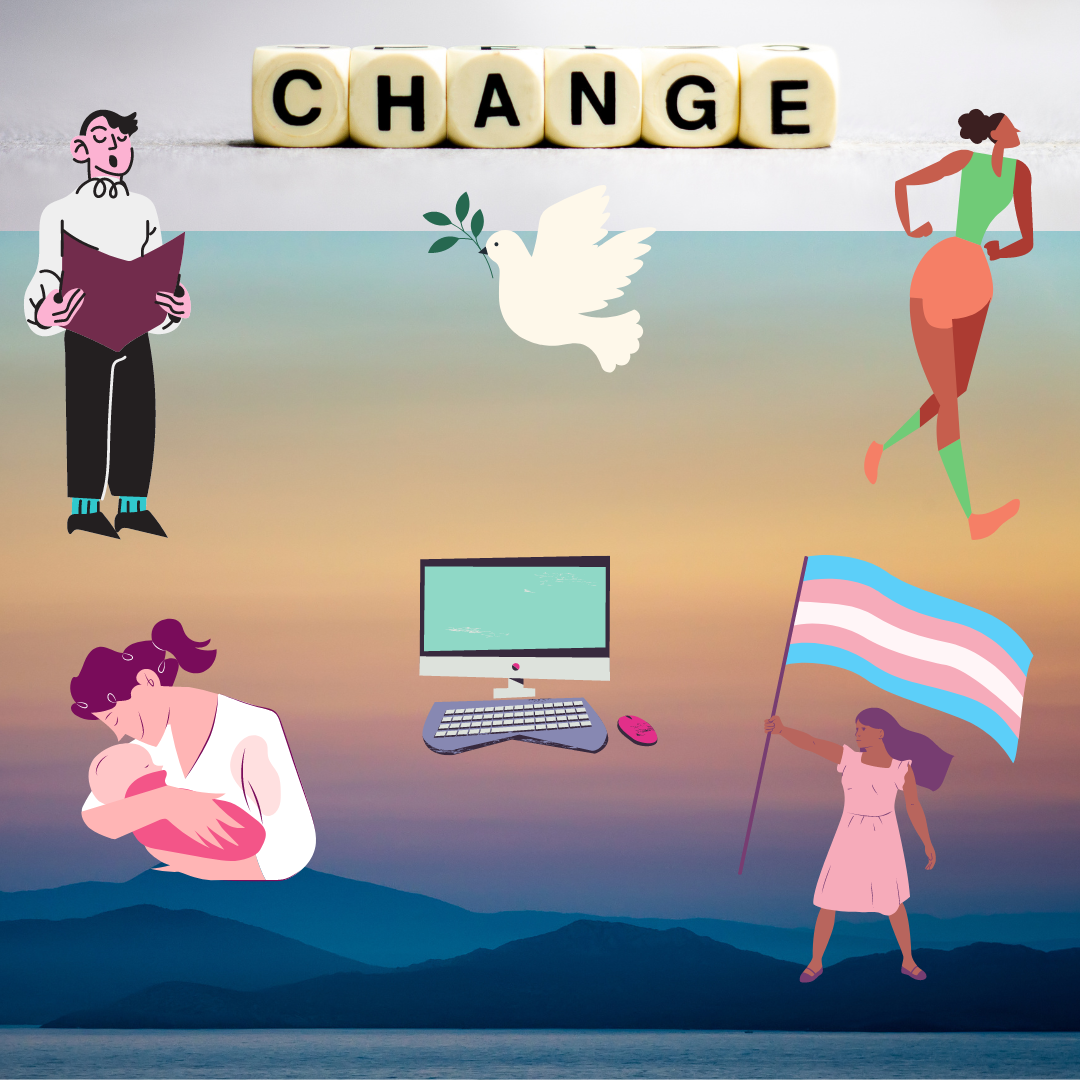
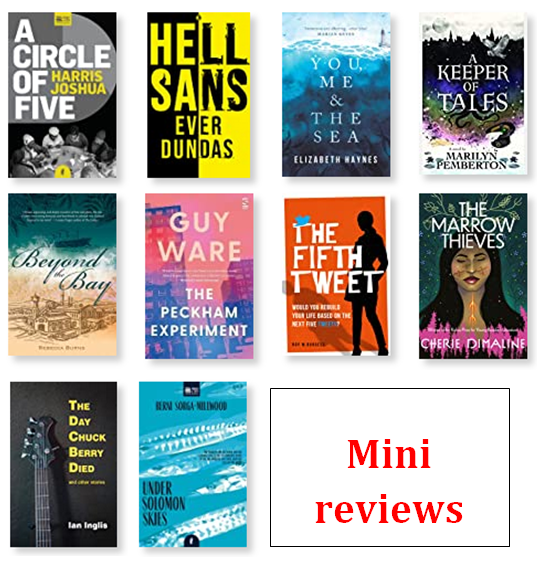
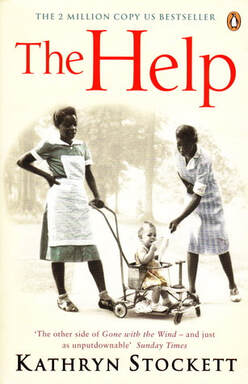
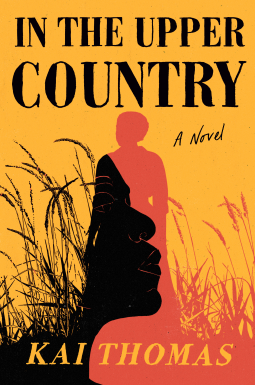
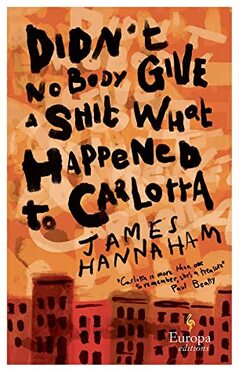
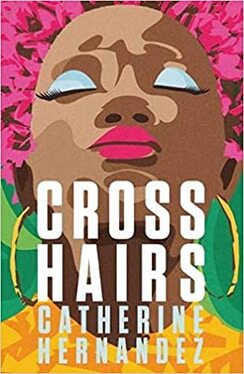
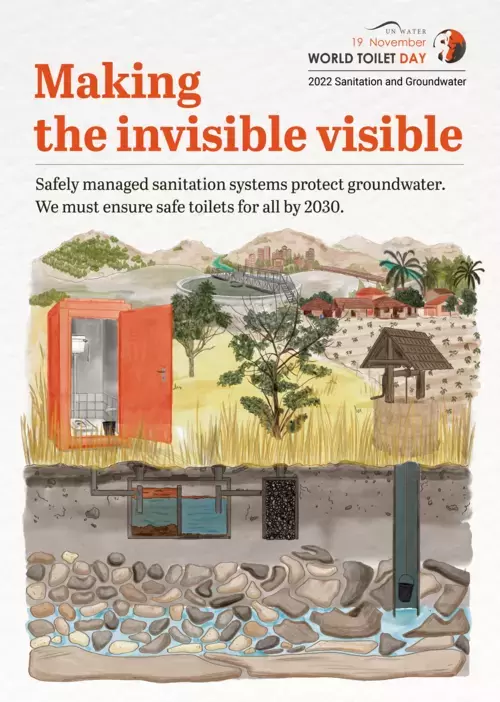
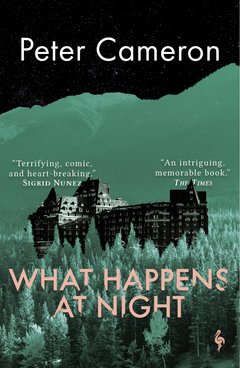
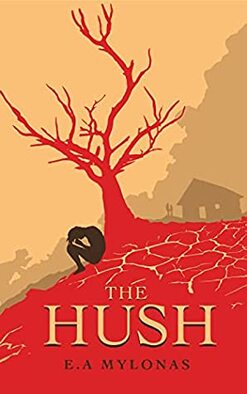
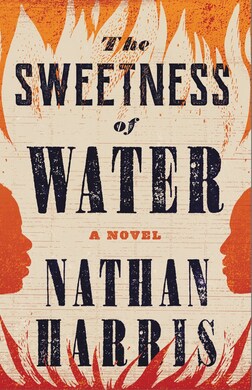

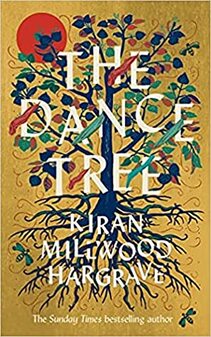
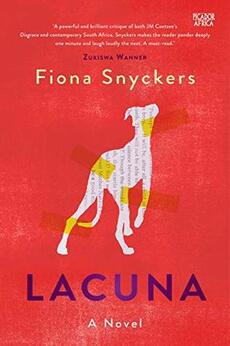
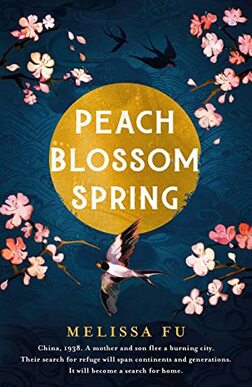
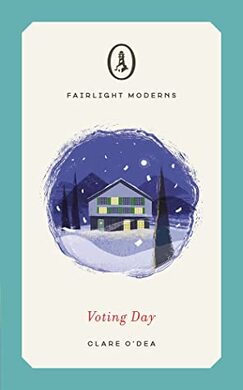
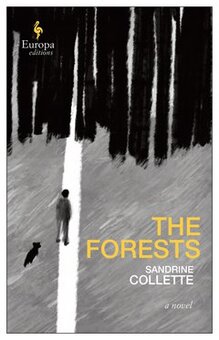
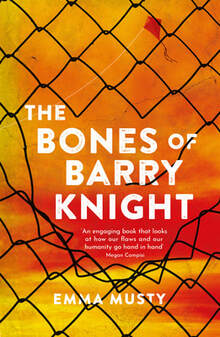
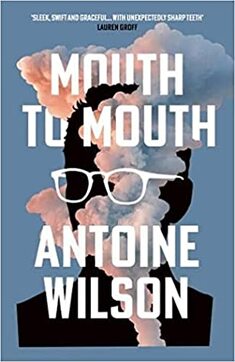
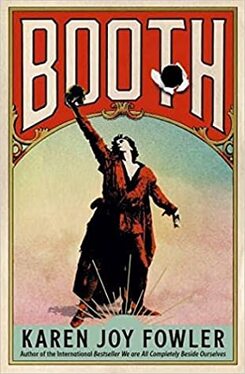
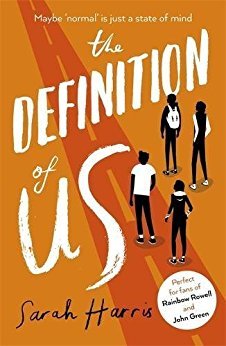
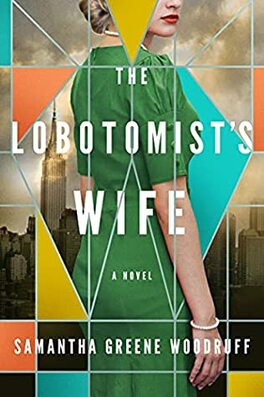
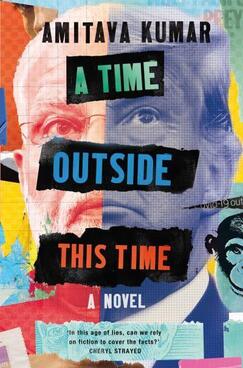
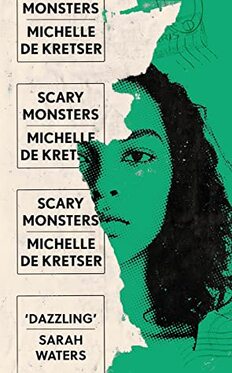
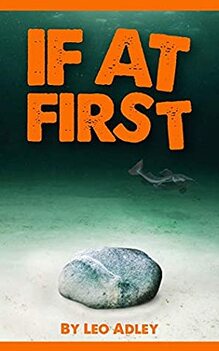
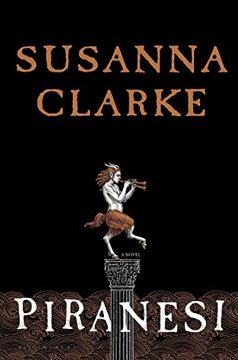
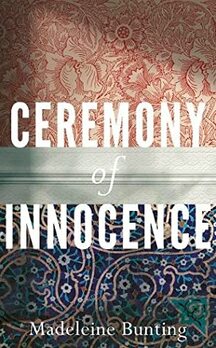
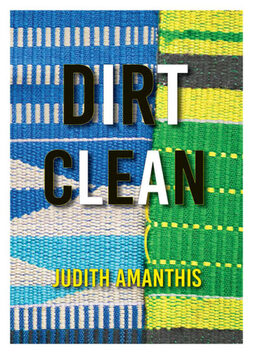





















 RSS Feed
RSS Feed





















